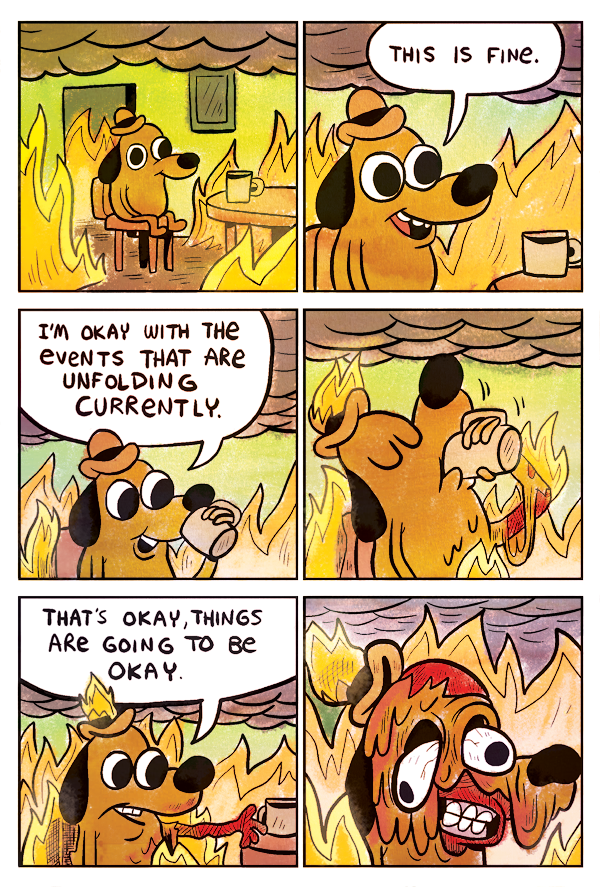- Joined
- Oct 18, 2020
- Messages
- 1,233
Yep - and like all humor, there is a thread of truth.
The trend in rural and semi-rural fire events is as follows:
- The community at large being less accepting of risk for people but........
- More accepting of risk for homes
- Point 1 is leading in the direction of not just pressure on people to evacuate in advance from fire........but also the introduction of legally mandatory evacuations
- Point 2 is leading to people building homes that have no specific design aspects to make them fire resistant very close to native trees that in combination make those houses indefensible from fire. Fire fighters are making "triage" decisions about individual cases and defending them accordingly. Some houses they only do the minimum to defend
- The population living in such houses is ageing - and arguably beyond the age where they are physically able to fight fires themselves
- But.....those same aged people are incapable of "starting again" even when their home is well insured. In most cases, they are also not physically/mentally able to handle the stress of losing their home, living like a gypsy for a year or two while their home is rebuilt and then trying to reacquire all the possessions they lost. Most such people end up broken by the experience.
- Homes in fire risk locations need to be built to withstand fire
- The surroundings of such homes need to be modified enough to make the home defensible
- When a fire comes, someone living there needs to defend it
For now, the rest of the population subsidizes the payments on those insurance payouts......sometimes government money is also used to help burned out residents rebuild too.
Governments are spending a lot more public money on rural firefighting.
Around here, firefighting of ten years ago was mostly ground units.
The fire here last year saw the air "cluttered" with air assets including a 737 and C130 water bombers.

